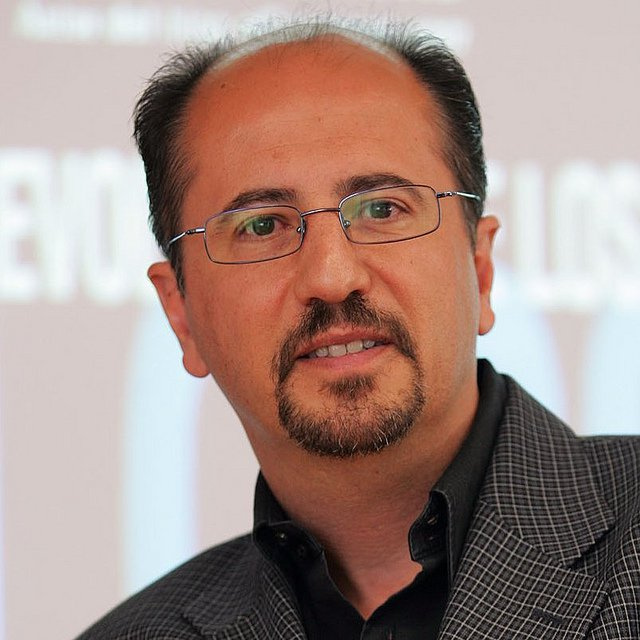Orihuela, a professor and colleague of mine at the Universidad de Navarra in Spain, takes us on his intellectual voyage and shows us the courage and vision we need to navigate this sometimes scary new world of the Internet.
Versión en español
Each of these columns in the book is a like an entry in the logbook of a voyage of discovery through the uncharted waters that the new media environment represents.
Like the explorers of the 15th century, Orihuela observes, processes, analyzes, speculates, and makes recommendations based on his investigations. He drops some marker buoys to help us follow his path. The result is a guide that is valuable for students, professors, businesspeople, and ordinary citizens who want to understand this new media world.
At the outset, he says his purpose has been to communicate the idea that "to understand the transformations in the media (new and old), we have to put ourselves in the place of the users and rethink communication based on their practices and ways of using it."
In the process, he has created a roadmap for generating new forms of digital journalism and communication.
Some of the recurring themes of his book:
- We the users -- professors, journalists, communicators, and citizens -- can take hold of the tiller, steer the ship, and trace a new path for the future of communication.
- Rejecting social media as a toy is a big mistake; they represent the new form of public discourse, which is a conversation and not a sermon.
- Everyone can participate in the media, even creating contents, but this also implies the responsibility of publishing information that is true and accurate.
- The media are not as important as communities. The proof of this is that Facebook and Google, which are not news media but platforms, have created a new monopoly of traffic and advertising revenue at the expense of the traditional media.
- Markets are conversations. Traditional advertising, which is like a sermon to the faithful, doesn't work any more. Major brands have adopted new ways to convey their messages, such as native advertising and sponsored content, that are based more on the needs and desires that users express in their online communities.
- The organization and display of data in interactive maps and graphics represent a new form of storytelling that journalists need to take advantage of.
- News media need to change to survive but they have not been changing fast enough.
- The media need to differentiate themselves by the quality of their contents. They cannot keep publishing the same things as everyone else.
- Journalism is a public service, but it is a public service that has to be profitable. The media that cannot learn and master the business skills will not survive.
- The indispensable role of journalism remains the control of power.
 |
| Orihuela: Journalism's role remains controllinng the powers that be. |
The most important journalism skills, he said, continue to be knowing what to say, having something worthwhile to say, and maintaining credibility, which is the most important asset of any news outlet.
“New or old media, what doesn't change is the goal of journalism: to improve communication among human beings." He added, "Without journalism, there are no media, and without them, society is an orphan."
Sancho defined himself as an optimist about journalism in Spain, in spite of the economic and media crisis, in which big media have been losing users and ad revenue. To prove his point he mentioned that the websites of the big media brands are still among the most visited.
For me, this book is going to be a resource for teaching classes in communication and journalism. It has also stimulated reflection. Orihuela reads widely and deeply in many fields, such as philosophy, history, literature, sociology, and, of course, the theory of communication. All of this intellectual experience enriches and supports his arguments. The bibliography at the end of the book is a valuable resource.
Related:
Jeff Jarvis's new role for journalists: be the organizer
Cultural publication "flirts with the Dark Side" in Spain
Nonprofit journalism tries to make it in Spain
'Desktop is the new print' as the public goes mobile
8 practices of successful entrepreneurial journalists
Professors of the Book, Students of the Smartphone

No comments:
Post a Comment